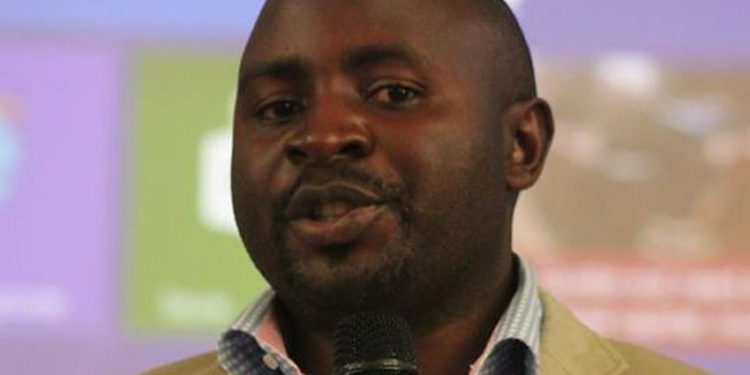At some of Kampala’s so-called elite schools, a sizeable number of parents with their children sat on the wooden benches under several white tarpaulin tents. Armed with laptop computers, several teachers or school administrators sat on desks facing the parents and children. The parents were humble, like a Catholic about to receive holy communion. They were gloomy though and spoke to the teachers in whispers. A teacher or administrator would punch stuff on the keyboard and eventually issue a small piece of paper.
The parents would put a date on the paper and sign it and return it to the teacher who would eventually stamp it and hand it back to the parent. The parent, a little smiley, would then walk their child to class. I would later learn that the chit was a permit of sorts to allow the child to attend school until the date the parent has committed to pay school fees.
The ever-omnipresent government knows a lot about the economy and had anticipated this for some time. Many parents are struggling to pay school fees and even “afford life.” They know that the only thing they can do to give the children a half chance in life is by taking them to schools where they hope the kids can learn something. Such schools are expensive because they have been built with private money.
Those established by missionaries are not any better. Some even charge more than the private ones. They know over the last many decades that they have built a brand of sorts and have strategically remained small so that they can charge a premium.
In the first term of the academic year, some of these headteachers are the most sought-after people in the country. Sometimes, it is even easier to get a US visa than to meet them. Everyone wants their children in their schools. The schools can only admit a few. It is the perfect scenario for charging premium rates.
The privately owned schools know that the missionary schools can only admit a few kids so they sit down, cross legged and wait for the parents to show up. Afterall, they invested in some few storied buildings and a canopy over the gate!
Every government in the world will pretend that it is doing something when they know things are bad. It is called managing the public. Government officials spent some time posturing by urging the private sector to “be considerate.” They even debated whether they should put a cap to how much school owners can charge. Same kind of stories they gave us during Covid-19 when they told us they were about to issue a policy on how much a private hospital can charge for intensive care unit or high dependence unit beds. Since Covid-19 ended, the debate on expensive healthcare disappeared faster than the early morning mist. The issue is now education. Managing people, they call it.
If government wants to put a cap on tuition fees, it is a simple thing to do. Build better schools than the private sector in areas where people live today. In the suburb where I live, just 15km from Kampala Road, I don’t know of any decent government school that exists. I don’t know of any school projects being built or even planned. Yet my suburb over the last 15-20 years has seen a huge population growth. Many private cemeteries are being shifted to Kikyusa or Nakasongola. Apartment buildings are replacing them.
The only school projects coming up are from the private sector. The public ones, like a primary school at my local church, is dilapidated that you rather keep the child at home than sending them there. Windows are falling apart. Doors have fallen apart already. Teachers look miserable, like they last had a meal on Christmas day!
The only alternative parents in my neighborhood have is to humiliatingly queue up in the hot tent and beg private school owners to allow their kids attend school as they look for fees. Unless they steal the money, many parents won’t be able to meet the deadline they committed to. If they do pay, they will not be able to pay for next term. They will have to beg school owners to allow their kids in, again. And the circle will continue for another 20 years. Most of these parents will retire poor and start stressing their unemployed children to look after them. A cycle of household poverty is on the horizons.
Instead of urging private schools to charge less or dictating what they can or can’t charge, good public schools would sort them out. If government wants to create significant impact, it should simply build good public schools. The private sector would be sorted without anyone cajoling them.
The writer is a communication and visibility consultant. djjuuko@gmail.com
Do you have a story in your community or an opinion to share with us: Email us at editorial@watchdoguganda.com













